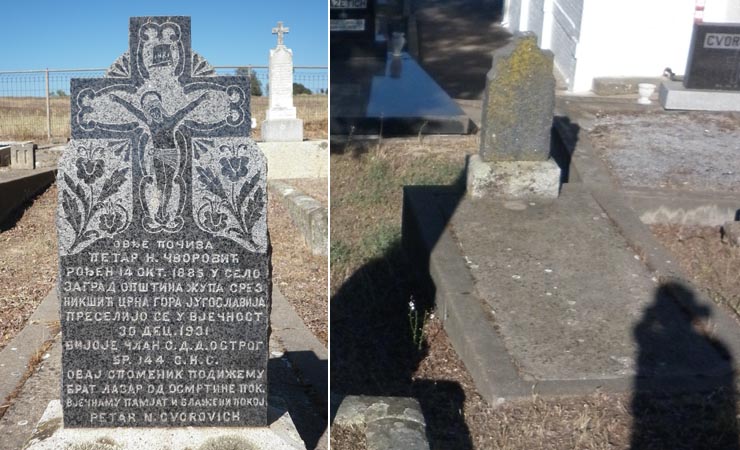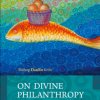1885 - 1931
ОВЂЕ ПОЧИВА
ПЕТАР Н. ЧВОРОВИЋ
РОЂЕН 14 ОКТ. 1885 У СЕЛО
ЗАГРАД ОПШТИНА ЖУПА СРЕЗ
НИКШИЋ ЦРНА ГОРА ЈУГОСЛАВИЈА
ПРЕСЕЛИЈОСЕ У ВЈЕЧНОСТ
30 ДЕЦ. 1931
БИЈОЈЕ ЧЛАН С. Д. Д. ОСТРОГ
БР. 144 С. К. С.
ОВАЈ СПОМЕНИК ПОДИЖЕМУ
БРАТ ЛАЗАР ОД ОСМРТИНЕ ПОК.
ВЈЕЧНАМУ ПАМЈАТ И БЛАЖЕНИ ПОКОЈ
PETAR N. CVOROVICH





